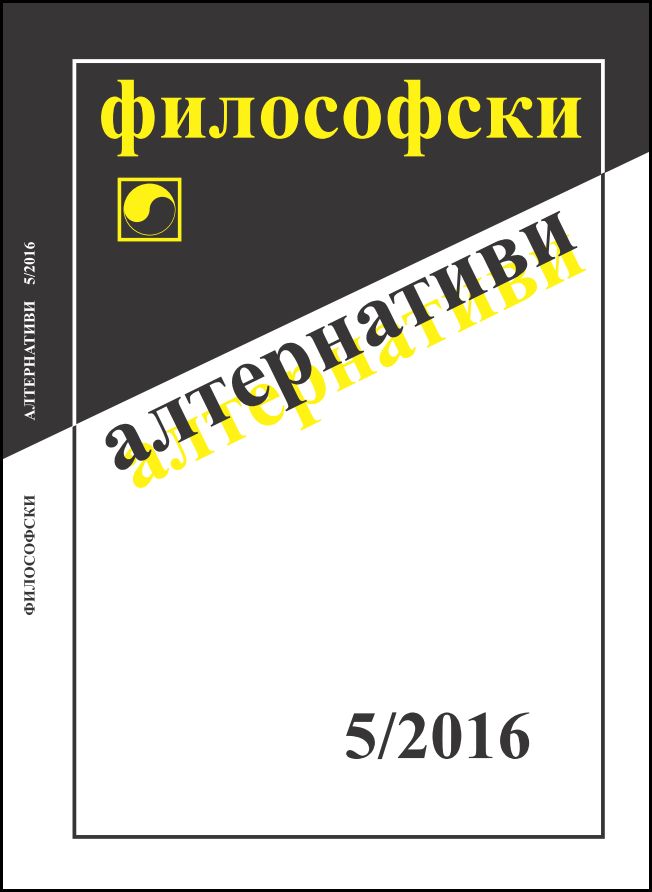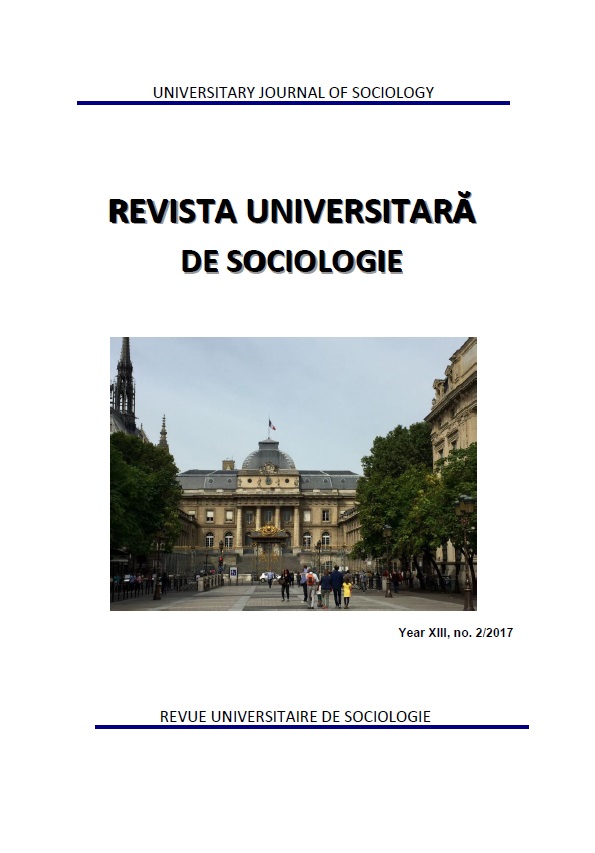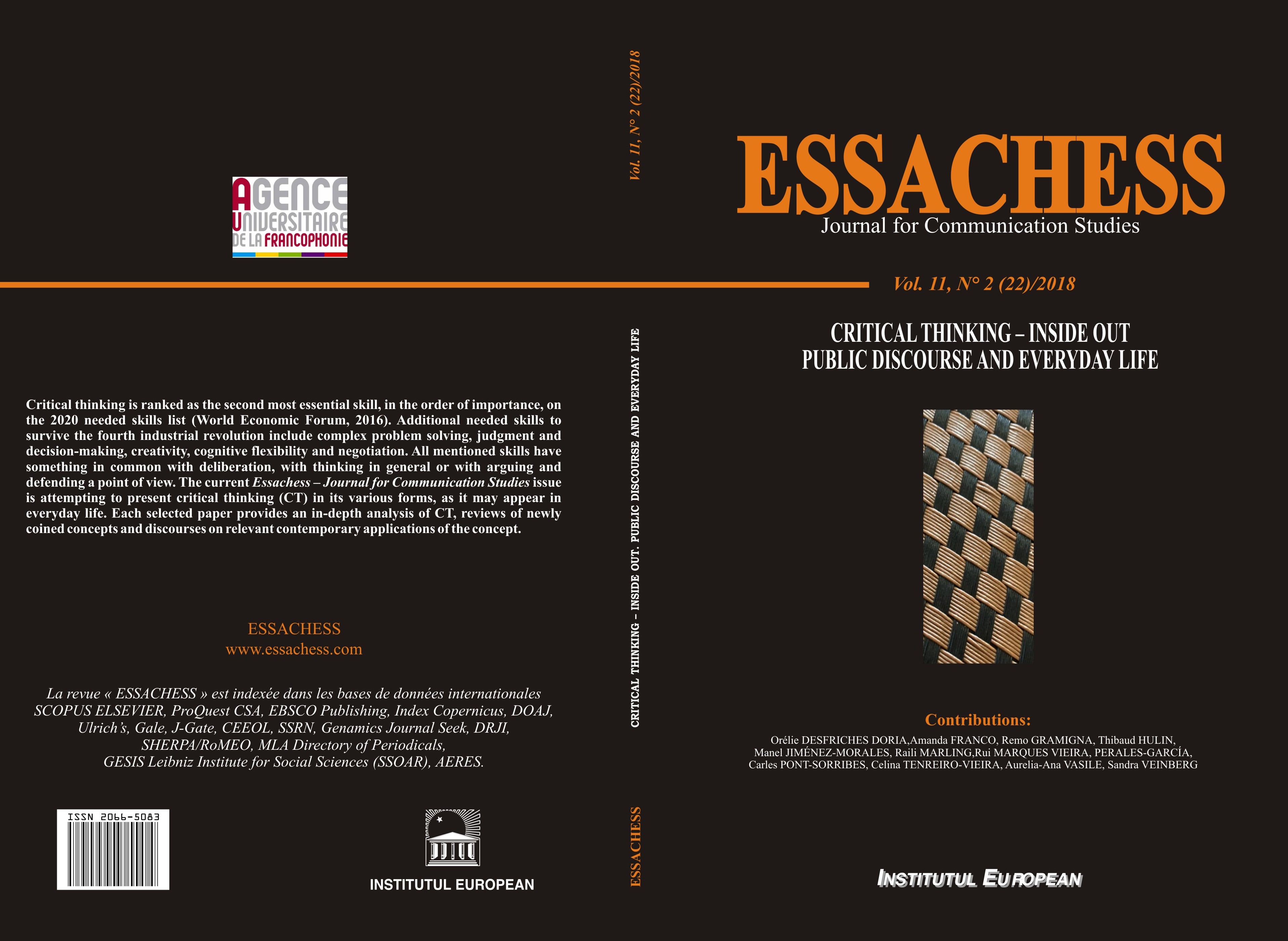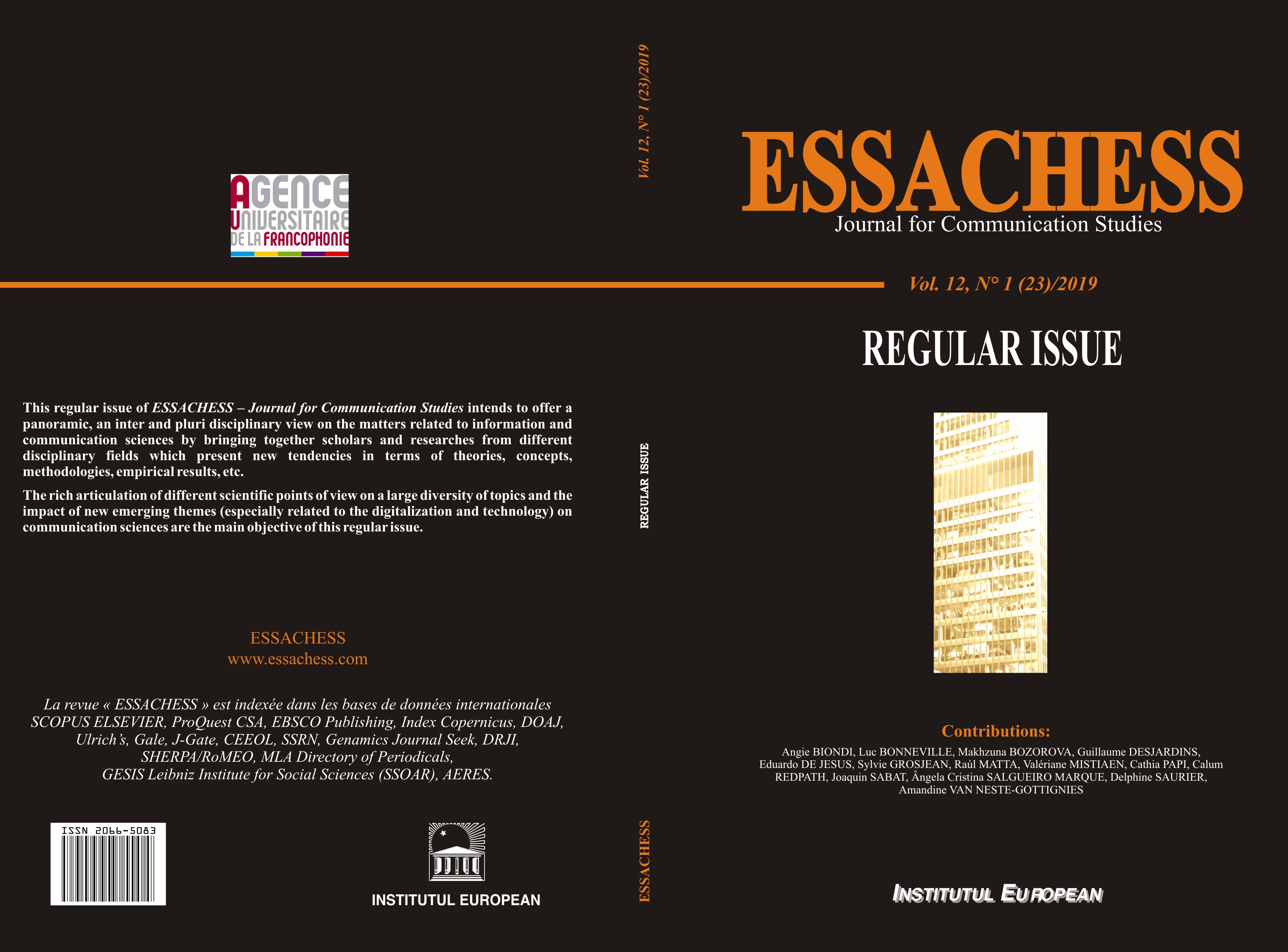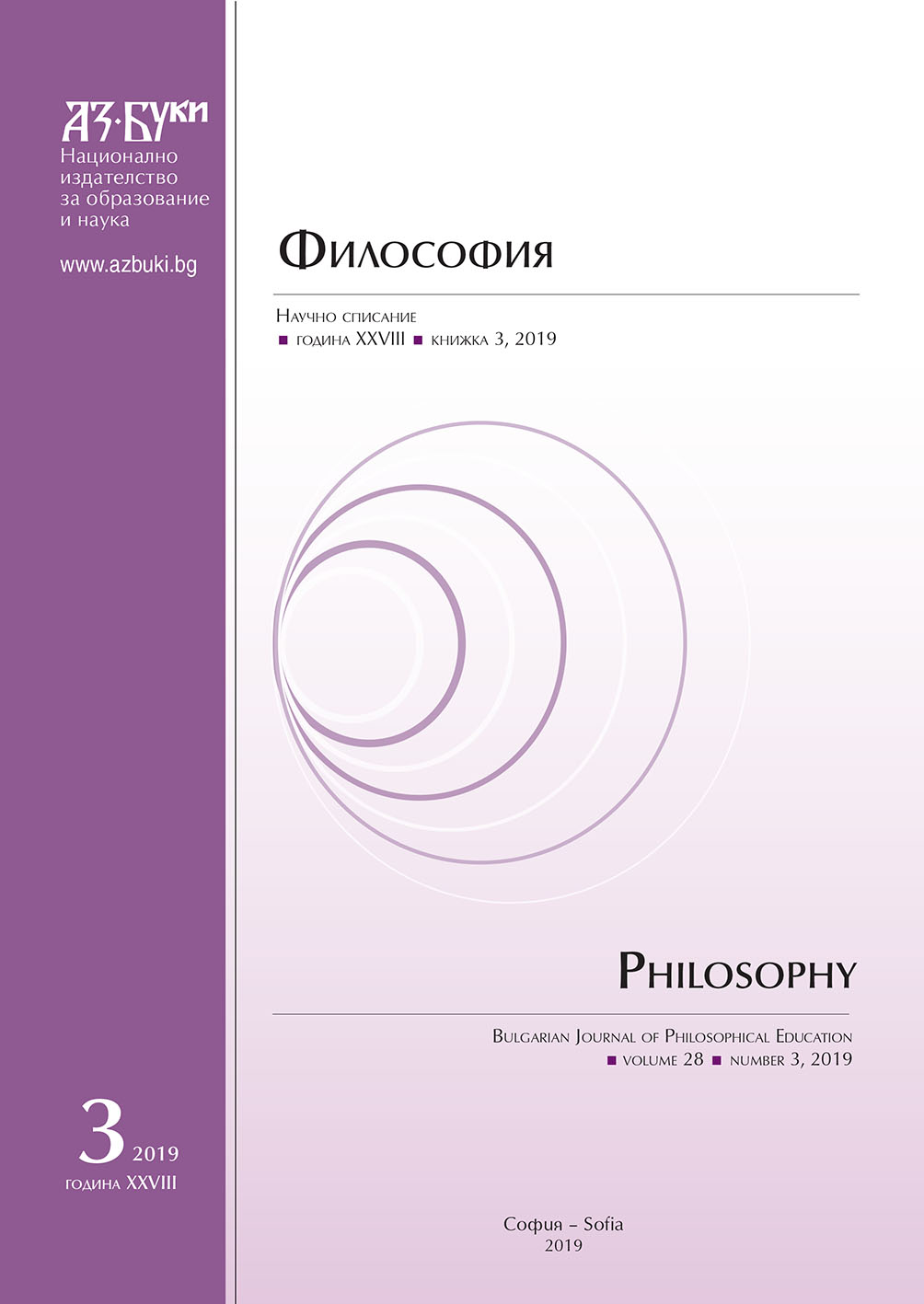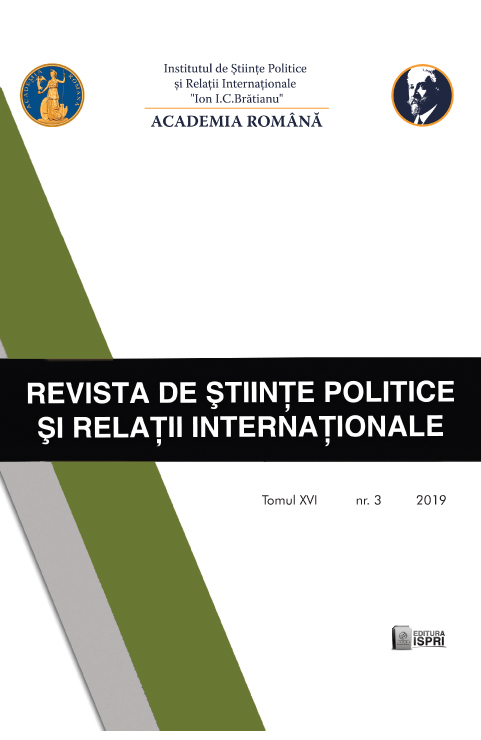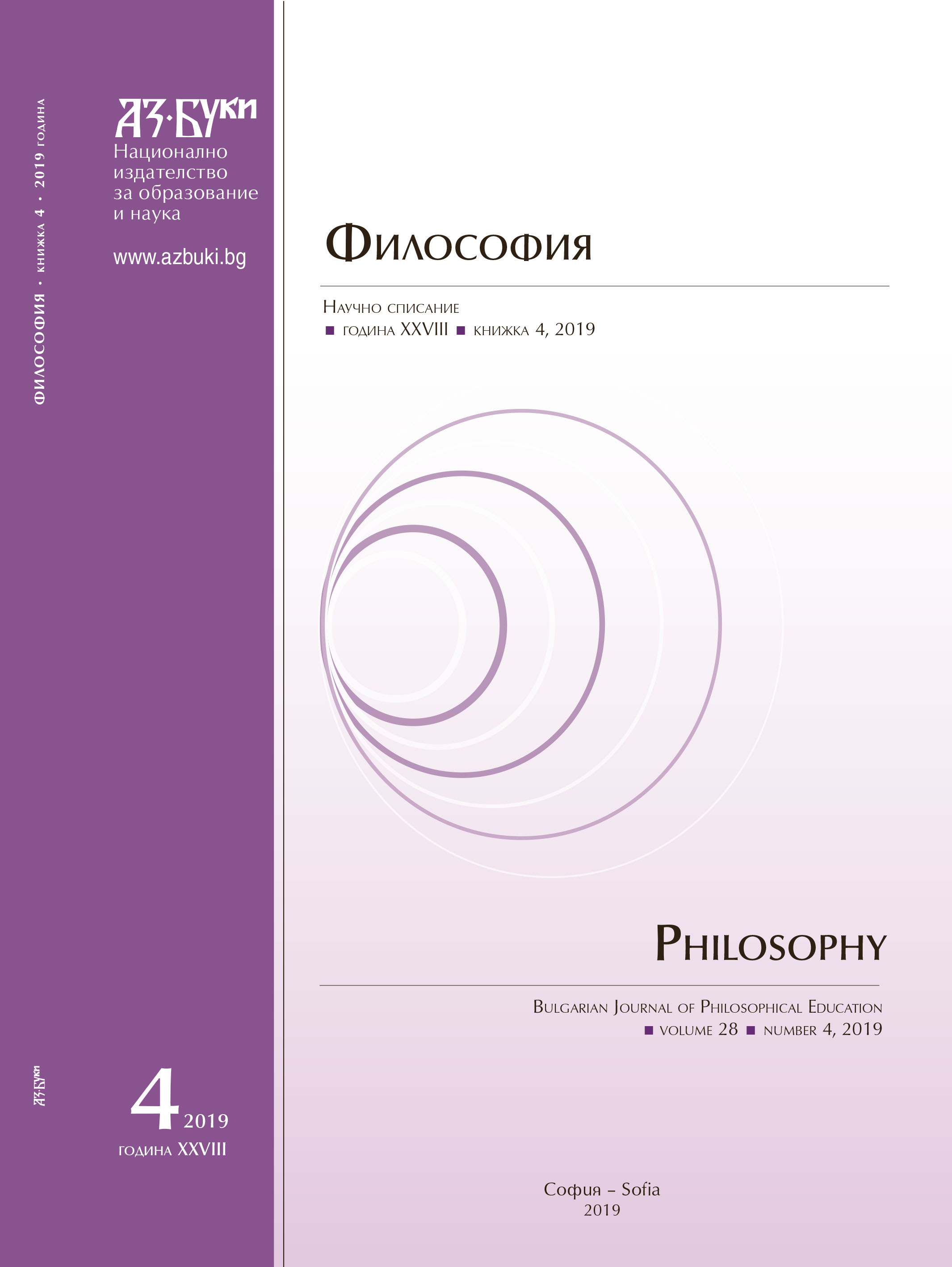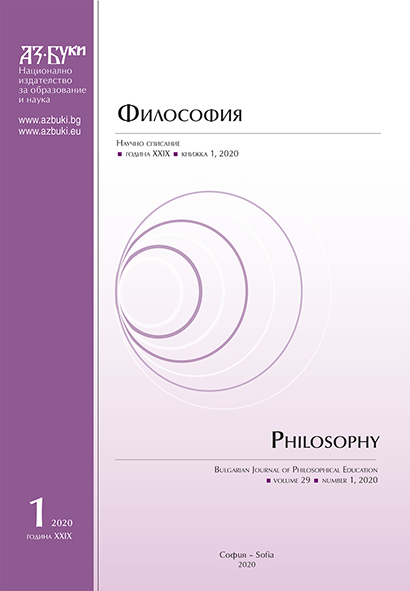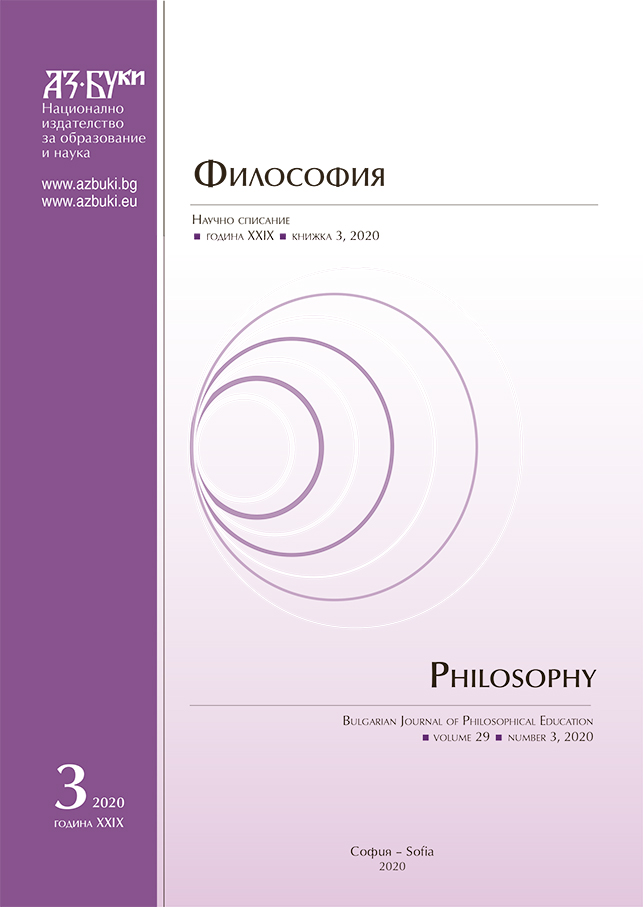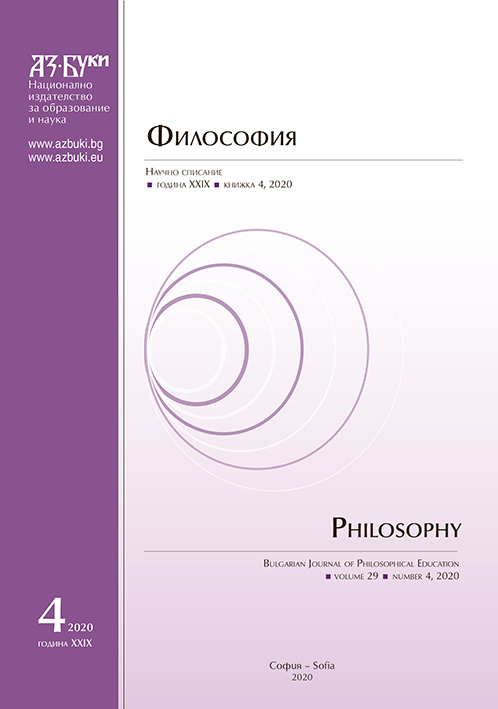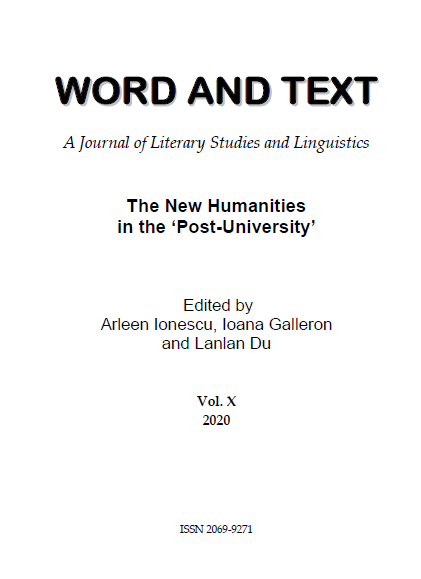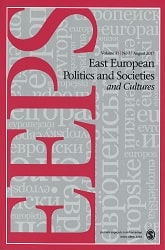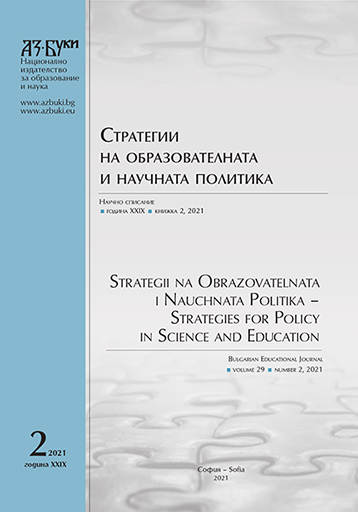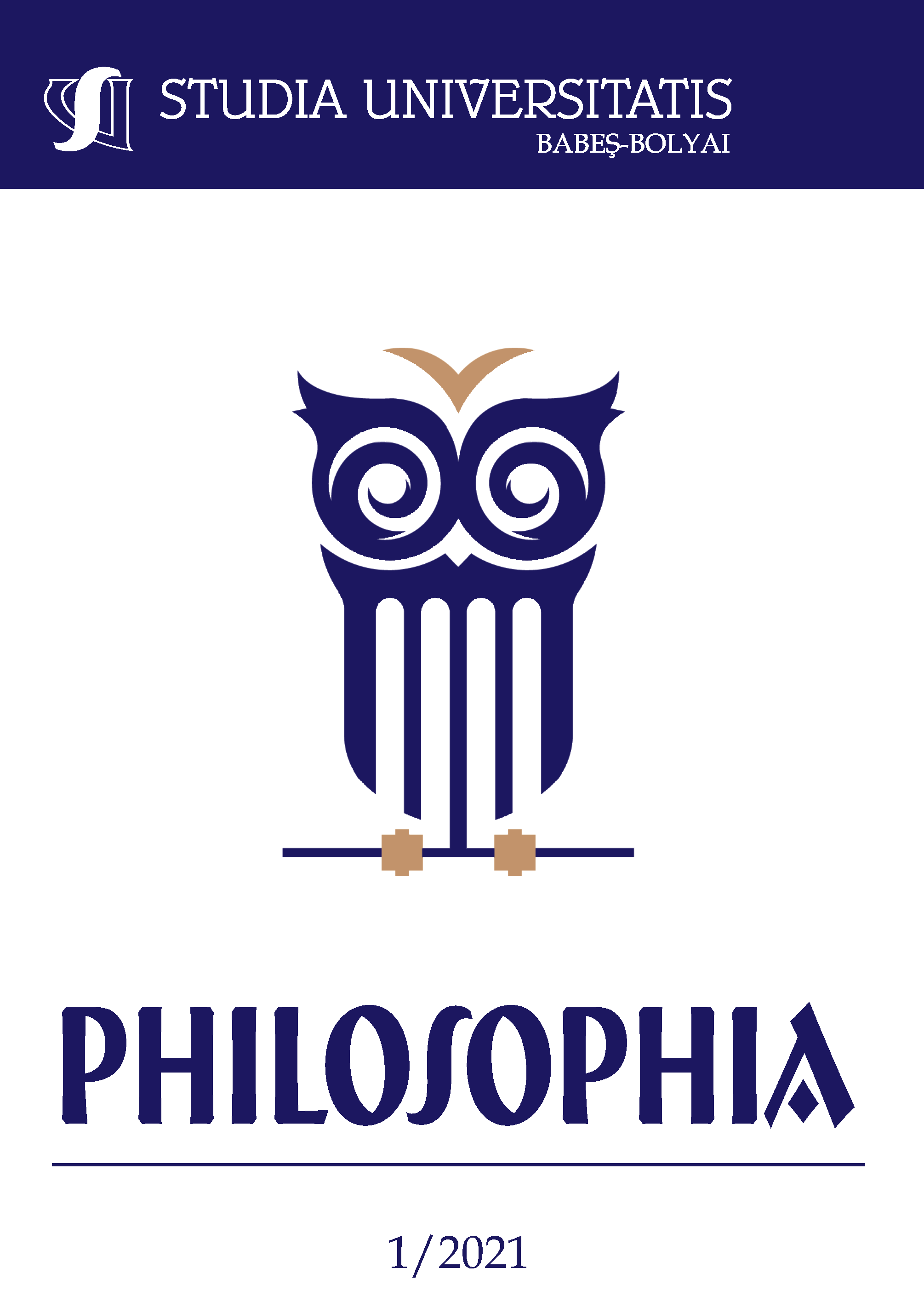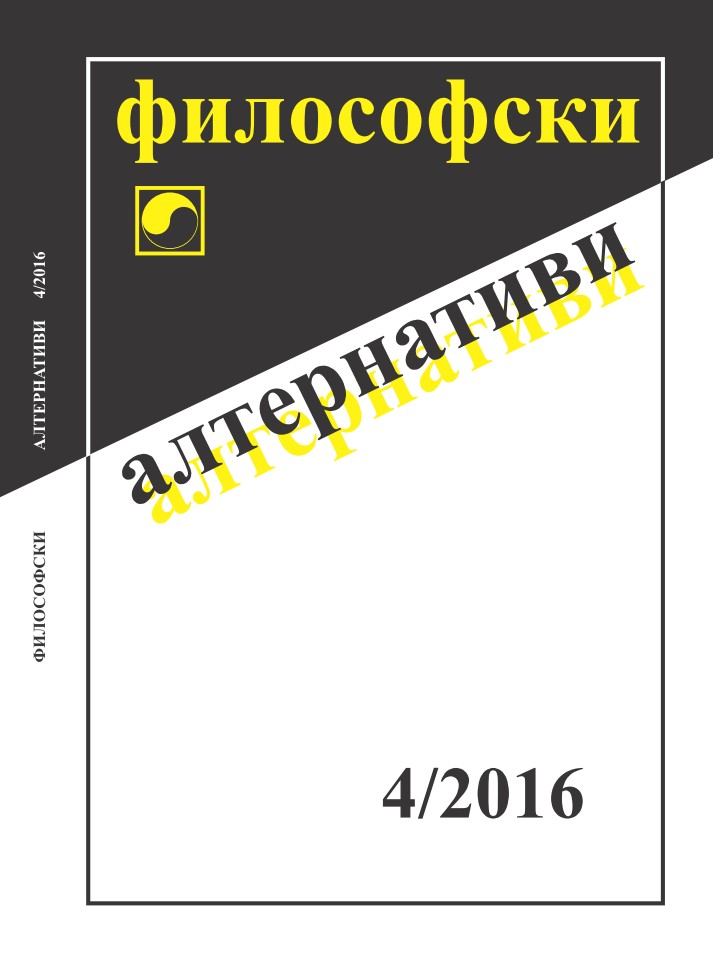
Epistemic Value of Public deliberation in a Democratic Decision-мaking Process
This paper discusses the epistemic value of public deliberation in a democratic decision-making process. I first discuss David Estlund’s standard account of epistemic democracy – in order to be legitimate, a decision must be a result of both fair and epistemically reliable procedure, i.e., of procedure that in most cases leads us to (procedure-independent) correct outcomes. This approach is characterized by the idea that democratic deliberation only has instrumental epistemic value, i.e., serves as a good means to achieve desired ends – a high correctness probability of the outcomes. I defend this approach from three objections put forward by Fabienne Peter, who claims that Estlund’s position is not a practicable conception of democratic legitimacy, that it makes unnecessary demands and that it is normatively misleading. Finally, I argue against pure epistemic proceduralism, an alternative approach that tends to reject consequentialist epistemology in favor of proceduralist epistemology. By doing so, it has lost a way to evaluate the epistemic value of (deliberative) democratic procedures, and is thus vulnerable to the problem of various (reasonable) people holding different epistemic practices and disagreeing on which practice should be the one that is epistemically valuable and that produces legitimate decisions.
More...
